Lissa Bryan's first lesson for the Writing Lab (Everything You Shouldn't Do and Why It Works for Me) has been the most read and discussed article of the entire blog history! Great news: Lissa is back!
This time let's talk about...
^^^^^^^^^^^^^^^^^^^^^
The Religious Theme in Fiction
By Lissa Bryan
Religion is one of the most important aspects of human society, especially in earlier times when a person's faith was also a matter of political allegiance.
Our beliefs, or lack thereof, have an impact on who we are as individuals, and I like exploring that, discovering what makes us "tick". My characters have run the gamut, from atheist Bella in "Compulsion" to conservative Catholic Mary Tudor in "The Selkie Wife." Even Dave the puppy shows a glimmer of religious experience when he thanks the Big Dog that Jane is smart enough not to cry out when he wakes her in "The Better Angels of Our Nature".
Our beliefs, or lack thereof, have an impact on who we are as individuals, and I like exploring that, discovering what makes us "tick". My characters have run the gamut, from atheist Bella in "Compulsion" to conservative Catholic Mary Tudor in "The Selkie Wife." Even Dave the puppy shows a glimmer of religious experience when he thanks the Big Dog that Jane is smart enough not to cry out when he wakes her in "The Better Angels of Our Nature".
One of the things that I wanted to explore in "Written in the Stars" was what a society might be like if their religious beliefs weren't in opposition to science, and if their faith was "flexible" enough to adapt as their society advances. As Bella notes in the story, their government has no concept separation of church and state. While their society is very tolerant of other faiths, their laws are based on the Volturi religion.
Bella, in that story, faces the challenges of an agnostic. Amazing things happen in the story which have multiple possible explanations. The religious of their society see it as a miracle, while practical Bella lists all the reasons why it could just be coincidence or nature, etc. and ultimately, it's left up to the reader to decide. Edward faces the same crisis of faith that affects many here on Earth: "Why do bad things happen to good people?" Alice and Esme are Christians in the story, Esme a Catholic and Alice a Protestant.
Alice believes her visions are a gift from God, and Esme finds comfort in the Rosary after her son his killed (and her husband, Carlisle, a Volturi high priest, recites it right along side of her, bringing them together in their sorrow.) Jasper has a mid-life crisis/conversion that almost costs him his marriage.
If you write multiple characters, they're naturally going to have views and beliefs which vary from your own. An author needs to be able to step outside of their own viewpoint and write believably from another perspective.
When I was in school, I had a debate teacher who lined us all up on the first day and asked our opinion on various issues. He listened to us for a while, and later I realized he was looking for an indication that a particular issue was something about which we were passionate and vehement in our beliefs. Afterwards, he assigned each of us to argue AGAINST those beliefs. (For example, a boy who loved sports had to argue why they were a negative influence on society or a waste of time/money in education.) And he wouldn't let us get away with flimsy arguments that our normal selves would easily shoot down. We had to put effort and concentration into it.
What that taught me was the ability to look at an issue from another side. in "Written in the Stars," Edward has a lengthy debate with James over monarchy versus democracy. James isn't terribly intelligent, so the argument appeared to be "won" by Edward. Now, being an American, I'm not exactly in favor of monarchy and I show up to vote in every election to do my civic duty. But I had to be able to argue, with at least a modicum of sensibility, from Edward's point of view.
Which, of course, brings me to the issue that you'll face from readers if you manage to do this convincingly: They're going to think it's your personal views and opinions which you're using your characters to voice. Some authors do that, of course, so cynical readers have come to rather expect it. (I once had a reader accuse me of using "Written in the Stars" as Mormon propaganda. I'm still shaking my head over that one.)
If you can't step outside of your own viewpoint, you'll never be able to write a character that isn't you.
^^^^^^^^^^^^^^^^^^^^^^^^^
Thank you, Lissa Bryan!
I bet this new article will elicit many questions...as usual, your comments are welcome.
Lissa's stories are posted on FF.net: http://www.fanfiction.net/u/3300533/Lissa_Bryan. I absolutely recommend them!
Lissa's stories are posted on FF.net: http://www.fanfiction.net/u/3300533/Lissa_Bryan. I absolutely recommend them!


















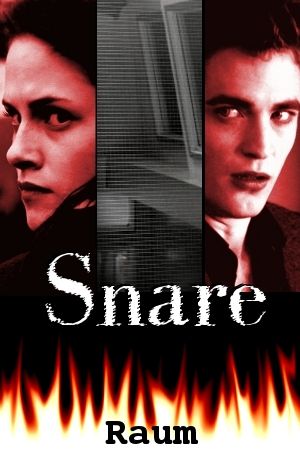



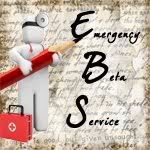
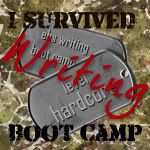
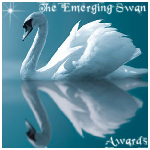
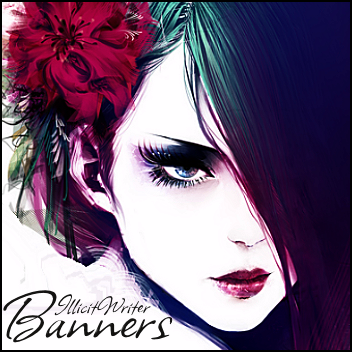

0 comments:
Post a Comment